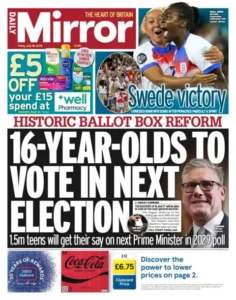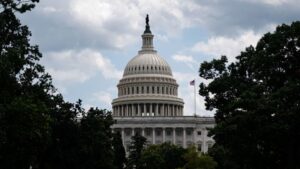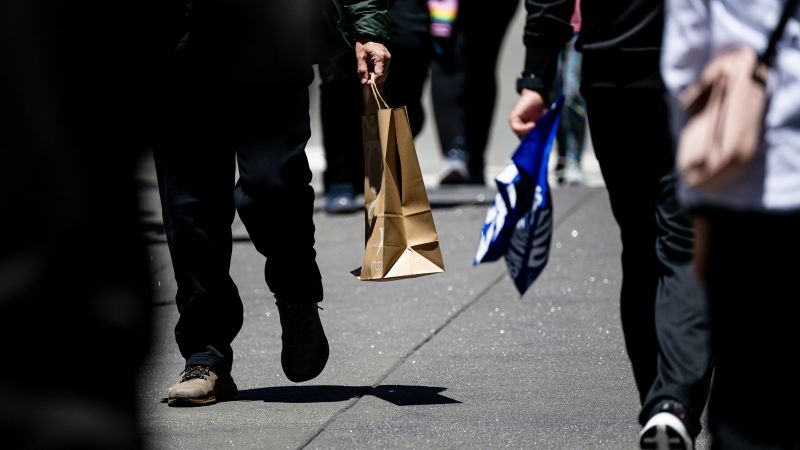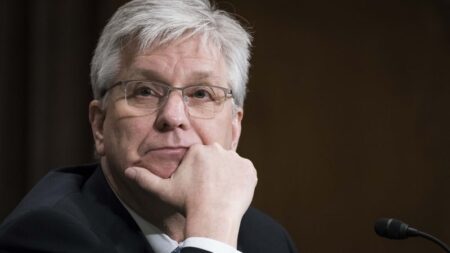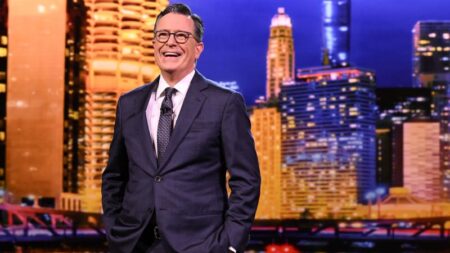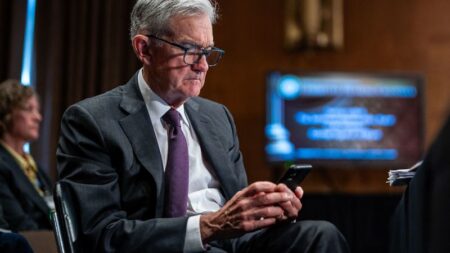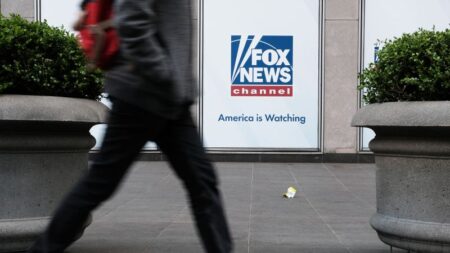Consumer confidence, a crucial barometer of the economy, took a noticeable dip last month, declining to a reading of 93, which marks a substantial 5.4-point decrease from May’s figures. This information was divulged in a report presented by the Conference Board on a Tuesday. More significantly, this decline was observed across various political affiliations, though the fall was particularly pronounced among Republican respondents, indicating a shift in sentiment that might carry implications for consumer spending and economic projection.
The shift in consumer sentiment can be attributed to several factors that have recently emerged on the national and global stage. Initially, there was a sense of optimism fueled by an agreement between the United States and China aimed at reducing the burdensome tariffs that had adversely affected trade between the two nations. However, that optimism quickly transformed into uncertainty due to President Donald Trump’s evolving economic policies and heightened tensions in the Middle East. Consumers, once buoyed by the potential for economic growth, began to reassess their views on the economic climate, reflecting a more cautious outlook on future developments.
This notable drop in consumer confidence contrasts sharply with the expectations set by economists, who had anticipated only a modest, one-point increase as assessed by polls conducted by FactSet. The disparity highlights how consumer sentiment can shift unexpectedly in response to geopolitical events and domestic policies. The data collected for this survey had a cutoff date of June 18, just days before the U.S. military undertook actions against Iran, targeting critical nuclear sites. Interestingly, Stephanie Guichard, a senior economist overseeing global indicators at the Conference Board, remarked that references to geopolitics and social unrest slightly increased but remained relatively minor compared to other topics influencing consumers’ views.
A more pressing concern for consumers appears to be the ongoing issue of tariffs, which have become increasingly linked to fears regarding their adverse impact on the economy and consumer prices. Guichard’s statement on this matter underscored the significance of tariffs in the current economic discourse among consumers, suggesting that they have become a predominant fear affecting budget decisions and spending patterns. As uncertainties surrounding tariff impacts linger, many consumers find themselves adjusting their spending behaviors in anticipation of potential price hikes.
The economic outlook gets even more complex when considering the perspectives of financial analysts and economists. Elizabeth Renter, a senior economist at NerdWallet, articulated a crucial point when she noted that the uncertainty regarding tariffs could catalyze a reduction in consumer spending. The unpredictability of future grocery bills and other essential expenses complicates budgeting for households, implications that resonate deeply in a climate where financial predictability is vital.
Notably, while the uptick in tariffs has not yet manifested in headline inflation data, there are indications of rising prices in specific sectors, particularly electronics. This observation was echoed by Federal Reserve Chair Jerome Powell during a recent press conference following the central bank’s monetary policy meeting. A growing segment of consumers indicated in the survey that they were delaying significant purchases, particularly in the electronics and housing markets, although demand remained relatively robust for other big-ticket items like cars and appliances.
Compounding current concerns, the share of consumers anticipating an economic recession within the next twelve months showed a slight increase last month. Heather Long, chief economist at Navy Federal Credit Union, noted that in such an uncertain economic environment, consumer hesitation to make major purchases is a natural response. Describing this behavior, she termed it an “abundance of caution economy,” implying that consumers are strategically positioning themselves by minimizing their financial commitments unless absolutely necessary.
In conclusion, while this story continues to unfold, the challenges posed by external geopolitical factors and domestic policy uncertainties seem to be altering consumer behavior in significant ways. As confidence wavers and spending tightens, the economic narrative complicates further, warranting ongoing observation and analysis of both consumer actions and wider economic indicators.

